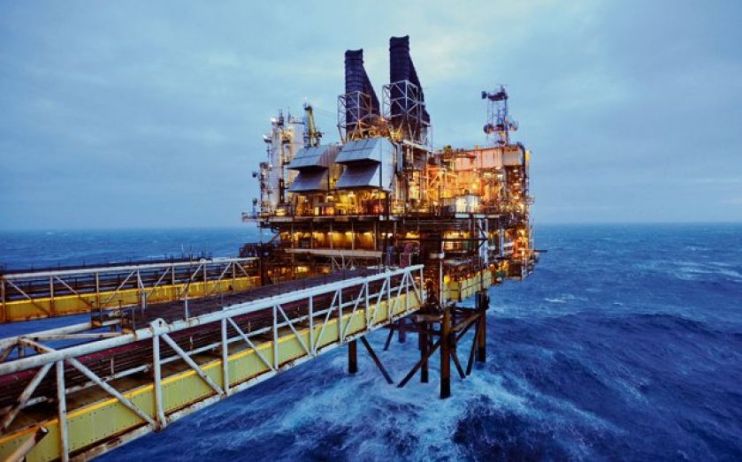UK looks north: Oil and gas remain key to energy independence

The West has begun the painful process of reducing its dependency on Russian energy supplies after the country’s invasion of Ukraine highlighted the drawbacks of relying on Kremlin-backed hydrocarbons.
Last week, Business Secretary Kwasi Kwarteng confirmed plans to phase out Russian oil imports by the end of the year, as the UK continues to ramp up sanctions.
In his speech to the House of Commons, alongside the usual calls to bolster renewables and his own creative ambiguity over fracking, Kwarteng argued for “more investment in North Sea oil and gas production”.
As it stands, oil and gas provide around 75 per cent of the country’s energy supply.
Domestic fossil fuels – chiefly sourced from the continental shelf in the North Sea – provide 47 per cent of the country’s gas, and help meet 40 percent of the country’s overall energy needs.
Nevertheless, Kwarteng’s push for further exploration is a reversal of its recent fortunes.
Last October, the Offshore Petroleum Regulator for Environment and Decommissioning (OPRED) blocked Shell’s plans to develop the Jackdaw field, while summit leader Alok Sharma played down the role of North Sea exploration at the COP 26 climate conference in Glasgow.
The Cambo oil field – and its potential 800m barrels – also remains in limbo after Shell pulled out of the project.
Alongside Cambo’s uncertain future, key proposed sites such as Equinor’s Rosebank field and BP’s Clair South field are still waiting for production to begin.
It now appears Russia’s invasion of Ukraine, alongside possibly the underperformance of wind power last winter, has changed the mood music in Whitehall.
Government prioritises supply security
Russ Mould, head of investment analysis at AJ Bell told City A.M.: “Politicians are now refining their message and talking of an energy transition, and how oil and gas can help fund that while preserving energy security at a time of great global geopolitical uncertainty.”
Despite its still dominant status, North Sea oil and gas has been in decline for some years, and the latest data from the Oil and Gas Authority (OGA) suggests the UK has 4.4bn barrels of provable domestic oil reserves – with the country currently consuming around 600m per year.
This makes new projects paramount to sustaining the industry, and it will be incumbent on Kwarteng to push ahead with explorations to stave off the current crisis and support the wider green energy transition with secure supplies.
So far, OGA only expects eight new fields to start up in 2022, and is currently assessing 28 potential future developments.
While the Treasury has recently suggested six new North Sea oil and gas fields will be given fast track approval, the sites in question would add around just 62m barrels to UK supplies.
Trade body Offshore Energies UK (OEUK) has also warned gas production could drop 75 per cent by 2030 without fresh investment.
Ross Dornan, market intelligence manager at OEUK, suggested new oil fields could limit the reliance on imports to 50 per cent of oil and gas supply through to 2030.
Speaking to City A.M., Dornan said: “For the future, to maintain our energy security we need to invest in new wells and fields to replace those which are closing down.
Nathan Piper, head of oil and gas research at Investec, argued that ultimately boosting fossil fuel supply was contingent on appetite and reform.
Piper said to City A.M.: “The UK North Sea is in decline, but the rate of that decline could be arrested by providing a clear regulatory framework and backing for exploration to rejuvenate the fortunes of the basin and improve the UK’s energy security.”
With record wholesale prices, irresistible oil rallies and an intensifying cost of living crisis that has already seen energy bills spike over 50 per cent, ensuring security of supply has never been more important.
Meanwhile, the import of Russian oil makes up 44 per cent of Russian exports and 17 per cent of federal government revenue through taxation – providing a further incentive to move away.
Nevertheless, whether Kwarteng’s words will be met by government action remains to be seen.